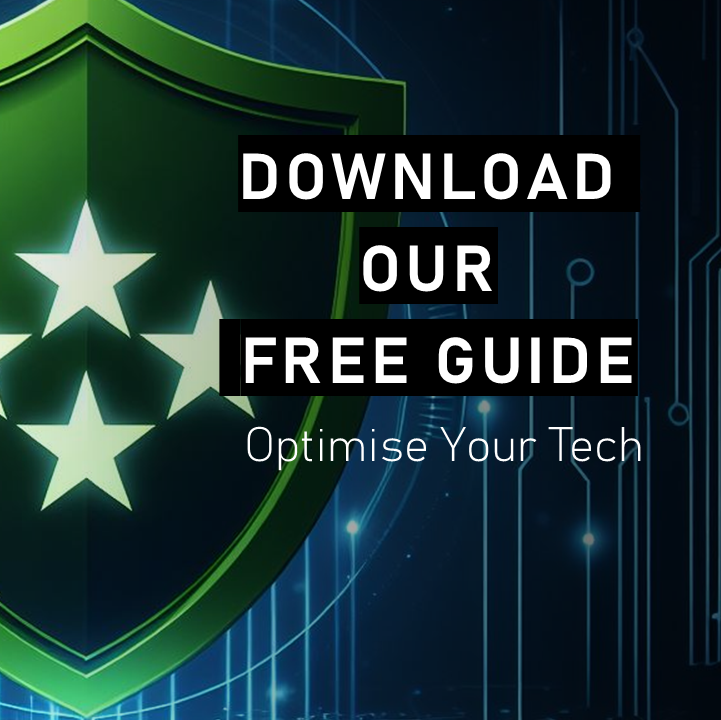In today’s rapidly evolving digital landscape, AI (artificial intelligence) is becoming an indispensable tool for businesses of all sizes. From streamlining operations, reducing technical debt to enhancing customer service, AI-driven assistants can deliver significant value. However, not all AI solutions are created equal, and the choice between public and private AI tools can have profound implications for small businesses.
Public AI vs Private AI: An Overview
Public AI tools, such as ChatGPT or Google Bard, are freely accessible to anyone with an internet connection. These tools are highly capable and versatile, able to generate content, assist with customer queries, and more. However, they are designed to serve a broad user base, meaning they’re not tailored to your specific business needs. On the other hand, private AI solutions are purpose-built, integrated into your business environment, and configured to comply with your industry’s specific requirements.
The Benefits of a Commercial-Grade AI Assistant
1. Tailored Integration with Your IT Environment: A private AI solution is directly connected to your business’s existing IT infrastructure. Whether it’s customer relationship management (CRM) systems, financial platforms, or inventory management software, a bespoke AI can seamlessly interact with these tools. This integration ensures smoother workflows and more accurate outputs, enhancing the overall efficiency of your operations.
2. Enhanced Privacy and Data Security: Privacy is a critical concern, especially when dealing with customer data, proprietary business information, or financial records. Public AI tools can inadvertently expose your sensitive data to external servers, as they typically store queries and interactions to improve their algorithms. In contrast, private AI solutions can be configured to operate within your network, ensuring that data never leaves your secure environment. For businesses operating under strict compliance frameworks like NIS2, GDPR, HIPAA, or PCI-DSS, this level of control is crucial.
3. Compliance and Regulatory Assurance: Many industries are subject to stringent regulations that dictate how data should be handled and stored. Public AI tools, being generic in nature, may not always align with these compliance requirements. However, with a commercial-grade AI assistant, businesses can have peace of mind knowing that the solution is designed to meet specific regulatory standards, avoiding the costly repercussions of non-compliance.
4. Customisation and Fine-Tuning: While public AI tools offer a one-size-fits-all approach, private AI solutions can be fine-tuned to reflect your business’s unique tone, voice, and operational priorities. This customisation ensures that your AI assistant not only understands your industry-specific language but also responds in ways that align with your brand identity.
The Risks of Using Publicly Available AI Tools
1. Security Concerns and Data Breaches: Public AI tools operate on shared infrastructure, which poses a significant security risk and lowering cybersecurity posture. Sensitive information entered into these tools can be intercepted or exposed through data breaches, especially when queries are processed on external servers. Businesses relying on public AI could inadvertently overshare critical information, making them vulnerable to cyberattacks or even industrial espionage.
2. Lack of Control Over Data Handling: Public AI platforms often retain user interactions to improve their models, which could mean that your business data is stored, analysed, and potentially shared in ways beyond your control. For businesses that handle confidential information, this lack of control can have serious repercussions, ranging from legal liabilities to reputational damage.
3. Compliance Risks and Oversight: When using public AI tools, businesses often have limited visibility into how data is managed and stored. This lack of transparency can lead to inadvertent compliance breaches, particularly in highly regulated sectors like finance, healthcare, and legal services. By contrast, a private AI solution offers complete oversight, ensuring that your data handling practices remain compliant with both local and international regulations.
4. Inconsistent Performance and Reliability: Public AI tools cater to a broad audience, leading to generic outputs that may not align with your specific business needs. Additionally, these tools are subject to performance issues, like server outages or overuse by other users, which can impact the reliability of their responses. With a dedicated, private AI, you’re not competing for resources, leading to consistently high performance and dependable outputs.
Why the Choice Matters
The decision between public and private AI tools is not one to be taken lightly, especially for small businesses that are increasingly reliant on technology to gain a competitive edge. While public AI tools offer convenience and cost-effectiveness, the trade-offs in privacy, security, and control can be significant. For businesses handling sensitive data, facing strict compliance requirements, or needing finely-tuned AI solutions, investing in a commercial-grade AI assistant connected to your business IT environment is a clear winner. It not only reduces risks but also provides a tailored, secure, and compliant solution that evolves with your business needs and integrates with Data Loss/Leak Protection (DLP). It will also help you to overcome some serious challenges with rushed deployment of AI.
In an age where data breaches and compliance missteps can cripple a business, having a secure, private AI solution isn’t just a luxury—it’s a necessity. The risks of relying on unknown public AI tools far outweigh the perceived convenience, especially when serious security and operational continuity are on the line. Choose wisely—your business’s future may depend on it.









